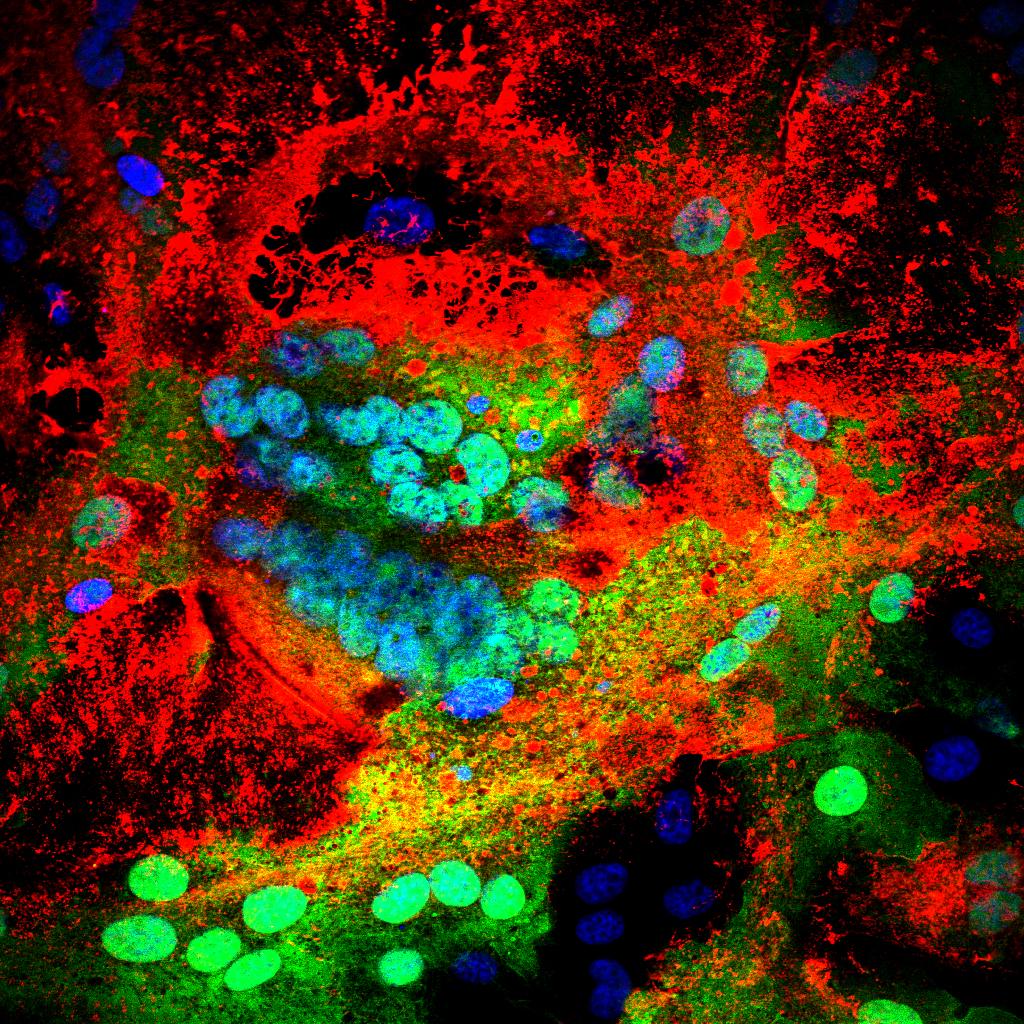Depletion of CD8+ T cells from vaccinated goats does not affect protection from challenge with wild type peste des petits ruminants virus
Peste des petits ruminants (PPR) is a severe disease of goats and sheep that is widespread in Africa, the Middle East and Asia. The disease is caused by peste des petits ruminants virus (PPRV); cell culture‐attenuated strains of PPRV have been shown, both experimentally and by extensive use in the field, to be effective vaccines and are widely used. We have previously demonstrated that these vaccines elicit both serological (PPRV‐specific antibody) and cell‐based (PPRV‐specific CD4+ and CD8+ T cells) immune responses. However, it is not known which of these responses are required for protection from PPRV, information that would be useful in the evaluation of new vaccines that are being developed to provide the capability to differentiate infected and vaccinated animals (DIVA capability). To begin to address this issue, we have used a complement‐fixing monoclonal antibody recognizing caprine CD8 to deplete >99.9% of circulating CD8+ T cells from vaccinated goats. Animals were then infected with wild‐type PPRV. Despite the absence of the CD8+ T‐cell component of the vaccine‐induced immune response, the vaccinated animals were almost fully protected, showing no pyrexia or viraemia, and almost no clinical signs. These data suggest that a virus‐specific CD8+ T‐cell response is not critical for protection against PPRV and that virus‐specific antibody and/or CD4+ T cells are the main mediators of protection. We have also shown that the leucopenia caused by infection with wild‐type PPRV affects all major classes of circulating leucocytes.
